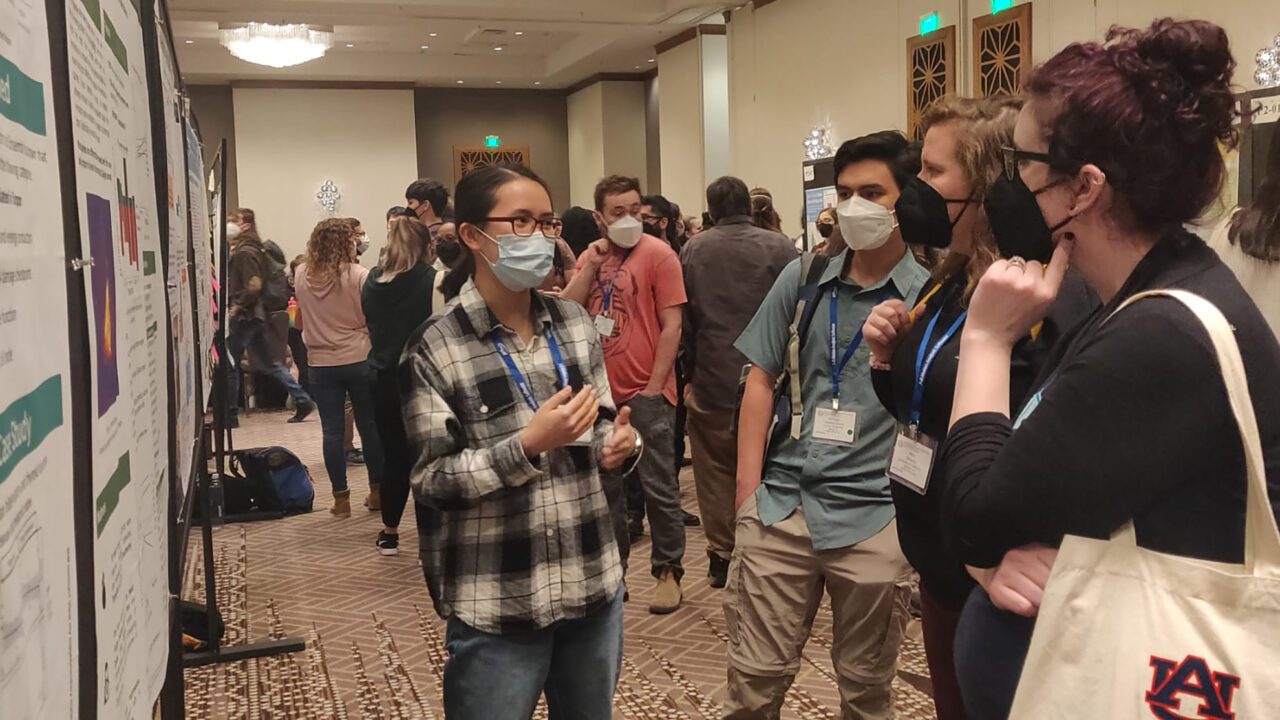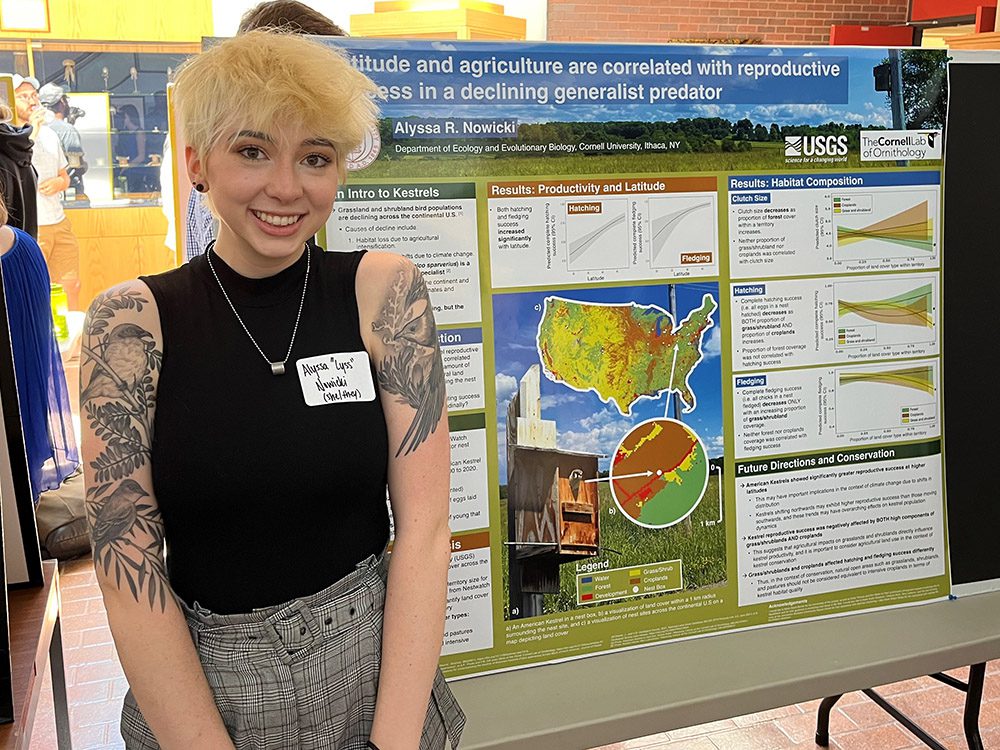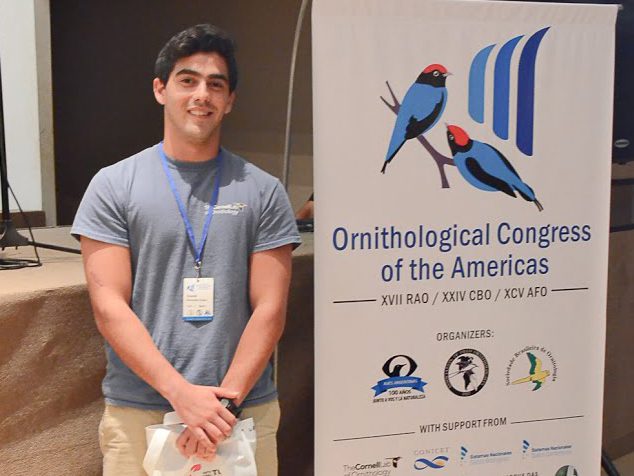Societies and Conferences

Scientific Societies
Involving yourself in a relevant scientific society is one of the best and easiest ways to enhance your career as a young researcher. You can become more connected with the research community and learn about opportunities by becoming a member, regularly browsing the society’s scientific publications, and attending conferences. Note that Cornell students can access scientific journals for free through the Cornell Library. Conferences are great places to learn about the latest field research, to meet other students and professionals, and to scope out potential graduate school programs and advisors. The conferences of the societies mentioned here are all worth attending, and they are very welcoming to undergraduate students—especially the various ornithology society meetings. All offer substantially discounted membership rates for students, and many offer competitive travel fellowships to encourage student participation at their conferences. More details about conference funding support from the Lab are also below.
American Ornithological Society
The American Ornithological Society (AOS) publishes leading journals including Ornithology and Ornithological Applications. The AOS conference, sometimes held in combination with other societies, is the biggest ornithology meeting held annually and has the most diverse offerings explicitly geared towards students.
Wilson Ornithological Society
The Wilson Ornithological Society is an undergraduate-friendly society that publishes The Wilson Journal of Ornithology. Annual conferences are often held together with the Association of Field Ornithologists.
Association of Field Ornithologists
Field-biology oriented, the Association of Field Ornithologists publishes the Journal of Field Ornithology. AFO meetings are notably welcoming to undergraduates.
Other bird-friendly societies
There are also several societies organized around specific topics or taxa in ornithology, including the Raptor Research Foundation, The Waterbird Society, Birds Caribbean, and the Neotropical Ornithological Society.
Though not as explicitly bird-focused, other potentially relevant societies include:
Society for the Study of Evolution
Society for Conservation Biology
Society for Integrative and Comparative Biology
Conferences
Most professional scientific societies hold an annual meeting that includes research-related talks and poster sessions along with social and career-building events. Forthcoming meetings are listed on the societies’ individual websites, and a list is usually available at the Ornithology Exchange.
Presentations

Undergraduates who have conducted research should present their work when they attend a scientific meeting, either as a talk or (more commonly) as a poster. It is generally fine for your poster to show preliminary results if your undergraduate study is not yet complete. Consult with your research mentor for advice on how to do this. Preparing an oral presentation or making a poster for a scientific conference are both learned skills, no different than learning how to write an essay or take a math test. No matter whether it is your first scientific presentation or your 20th, the best plan is always to get as much advance feedback as possible on your presentation.
Keep in mind that most conferences offer lower rates for early registration, and the absolute deadline for signing up to give a presentation or poster is often 4–6 months in advance of the meeting, so plan early.
Conference Funding
Meeting attendance requires significant funding for travel, food and lodging, and conference registration. Some societies offer travel awards to students—the relevant information is always on the society’s website, usually in the section that describes the meeting itself.
In some cases, your research advisor can help fund your attendance (you should ask them). The staff in the Office of Undergraduate Biology in Stimson Hall may be able to suggest other travel funding sources within Cornell.

When resources are available, the Cornell Lab of Ornithology will attempt to provide funding for Cornell undergraduate students to present their research at relevant scientific conferences if your research mentor is affiliated with the Lab or the CUMV.
In general, the Lab’s conference travel funds are intended to support:
- Travel, including airfare, ground transportation, hotel, and food expenses, to conferences in the United States where the student is presenting research (poster or oral presentation) conducted during their tenure at Cornell.
- Conference registration fees.
- Society membership fees when relevant for registration.
- If you are presenting a poster, the cost of printing (these can be printed in Mann Library). Contact Micky Zifchock for an account number to charge.
